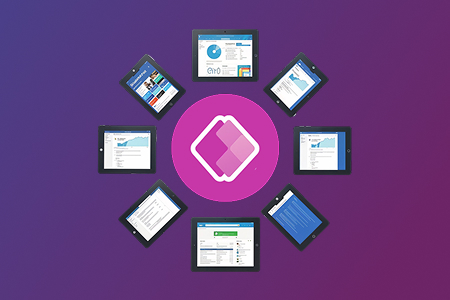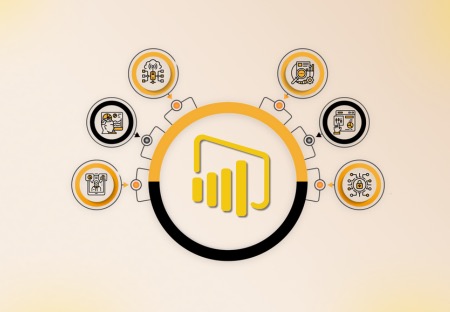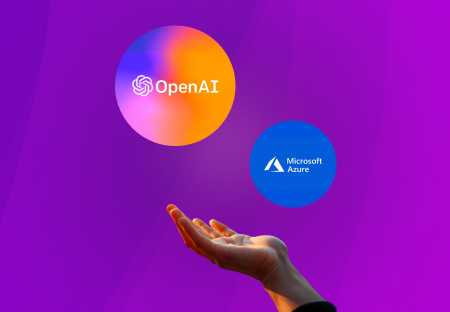In today’s fast-paced business environment, time is money. Companies are constantly seeking ways to increase productivity, reduce operational costs, and stay competitive. Workflow automation offers a robust solution to streamline processes, eliminate repetitive tasks, and ensure that employees can focus on high-value activities.
What is Workflow Automation?
Workflow automation refers to the use of technology to automate a series of tasks within a specific workflow, reducing the need for manual intervention. This can include everything from email responses and invoicing to complex multi-step processes involving multiple departments. By automating these tasks, businesses can minimize errors, enhance speed, and boost overall efficiency.
The Key Benefits of Workflow Automation
1. Increased Efficiency
Automating repetitive tasks reduces the time and effort spent on manual work, allowing employees to focus on more strategic initiatives. For example, automating data entry can free up hours of administrative work each day.
2. Improved Accuracy
Manual processes often lead to human errors. Workflow automation ensures that each task is completed accurately, eliminating the risk of mistakes that could affect business outcomes.
3. Cost Savings
By streamlining workflows, businesses can reduce their operational costs. Tasks that once required full-time employees can now be handled automatically, leading to cost reductions and increased profits.
4. Enhanced Collaboration
Automation tools can seamlessly integrate with team collaboration platforms, ensuring that everyone is on the same page. Notifications, status updates, and approvals can be automatically sent to relevant parties, making project management smoother and more efficient.
One of the Popular Tool for Workflow Automation
Several tools make workflow automation easier, but this tool:
- Microsoft Power Automate: Part of the Microsoft Power Platform, Power Automate helps automate workflows between apps and services.
Real-World Applications of Workflow Automation
- Sales and Marketing: Automate follow-up emails, track lead status, and update CRM systems automatically.
- Human Resources: Streamline employee onboarding by automating forms, approvals, and document submissions.
- Finance: Automate invoicing, payroll processes, and expense reporting to reduce administrative tasks.
The Future of Workflow Automation
As businesses increasingly embrace AI and machine learning, workflow automation is expected to become even more sophisticated. From predictive analytics to intelligent automation that “learns” how to improve processes, the future promises more advanced, dynamic solutions.
Conclusion
Workflow automation is no longer a luxury but a necessity for businesses looking to streamline their operations and maximize productivity. By automating repetitive tasks, enhancing accuracy, and improving collaboration, companies can unlock new levels of efficiency and profitability.











